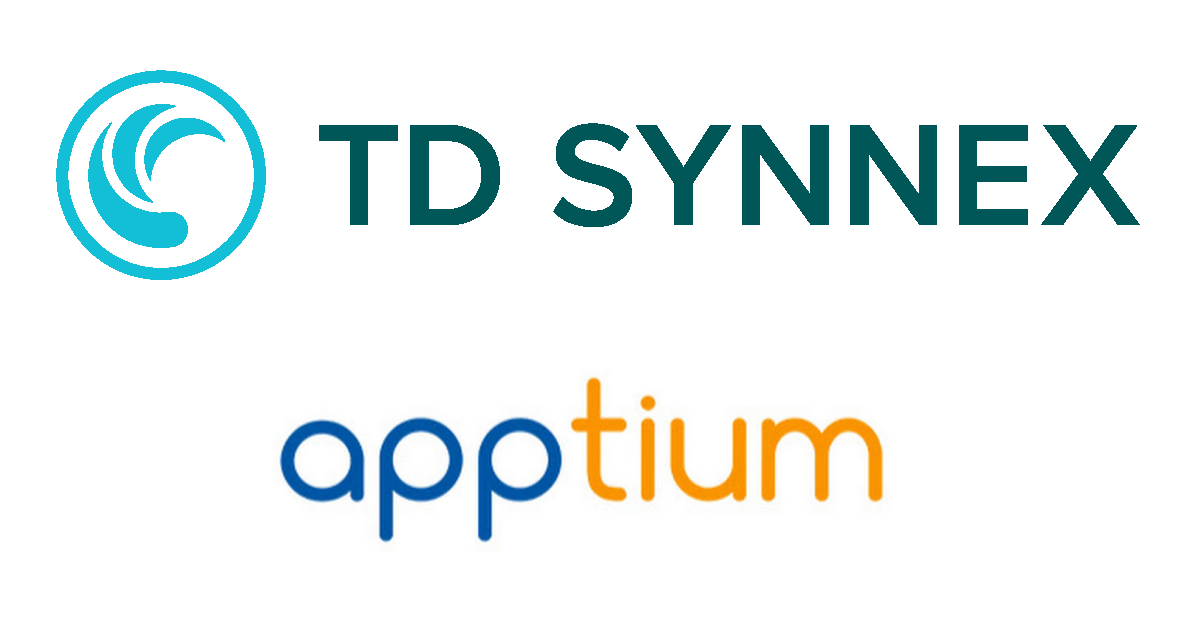Infonetics last year reported that hosted VoIP and UC services revenue has been on a steady growth trajectory driven by continued demand for enterprise cloud-based services. In fact, hosted services experienced the highest revenue growth of any segment from 2011 to 2012. In 2013, hosted technologies proved just as—if not more—successful. In a separate report, Infonetics revealed that hosted PBX and unified communications (UC) grew the most of any VoIP service in the first half of 2013 as businesses continue to turn to hosted services as an efficient alternative to premises-based solutions.
The hosted market is certainly experiencing rapid and uninterrupted growth; however, business owners and decision makers today still prefer to hesitantly tread waters rather than deploy a hosted solution. Most of their concerns are actually quite understandable but, in actuality, it’s not the technology that needs to be mulled over. Rather, companies are risking the livelihood of their businesses due to a simple misconception of the role that their managed service provider should be playing.
This was a central point of discussion at “Cloud Control: Crafting a Strategy for Managed and Hosted Services,” a panel session which took place during the Case Study U Conference, a collocated event of ITEXPO East 2014. The panel was moderated by IT journalist, author, analyst and consultant Frank Ohlhorst with special panelists Mark Thiele, EVP Data Center Tech at Switch and Yunexy Eloy, co-founder and CEO at Whoa.com.
“It’s time that companies move to a more agile strategy,” Thiele says. “If dragging a bunch of anchors seems like it’s going to slow you down, that’s because it probably will.”
“The one thing that most of us forget in the outsourced relationship is communication,” Thiele continues. In other words, you can’t take a problem and give it to someone else and expect it to go away. “You have to treat your hosted provider with the same attention to detail and rigorous communication as you would your very own internal team,” he says, stressing that the biggest reason why outsourcing fails is because both groups don’t properly communicate.
Eloy explains that companies require that personal touch, and that hosted providers are a lot more nimble and capable of providing that personalization needed. This is why communication is so key.
At the end of the day, every business owner or decision maker should be asking him or herself: “How do I build an agile organization?” A vital piece of this puzzle involves healthy communication.
Thiele relates it to a school of fish that turns and moves at the same exact time and with the same speed and precision: “IT needs to be able to turn at the same time the CMO, CFO and CEO turns, and the only way to do that is to become closer to the business.”
Edited by
Cassandra Tucker






